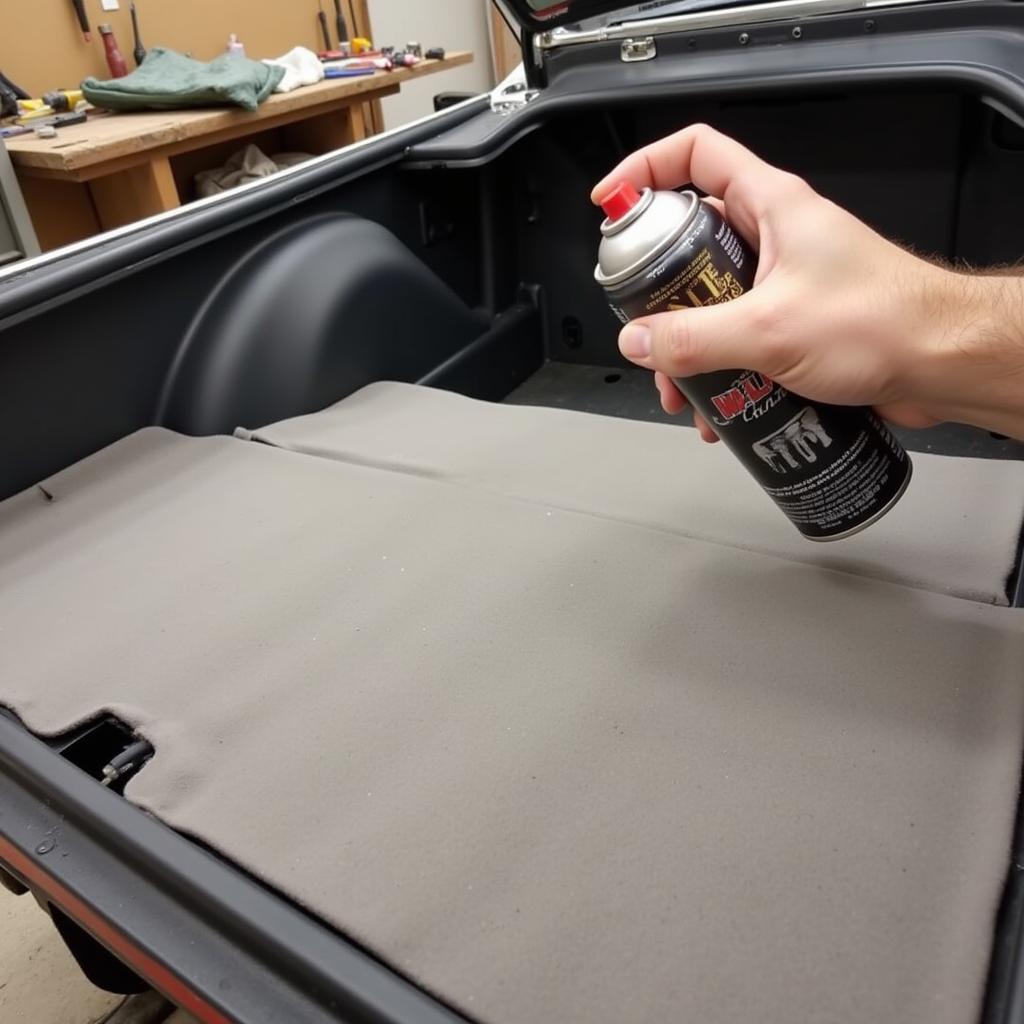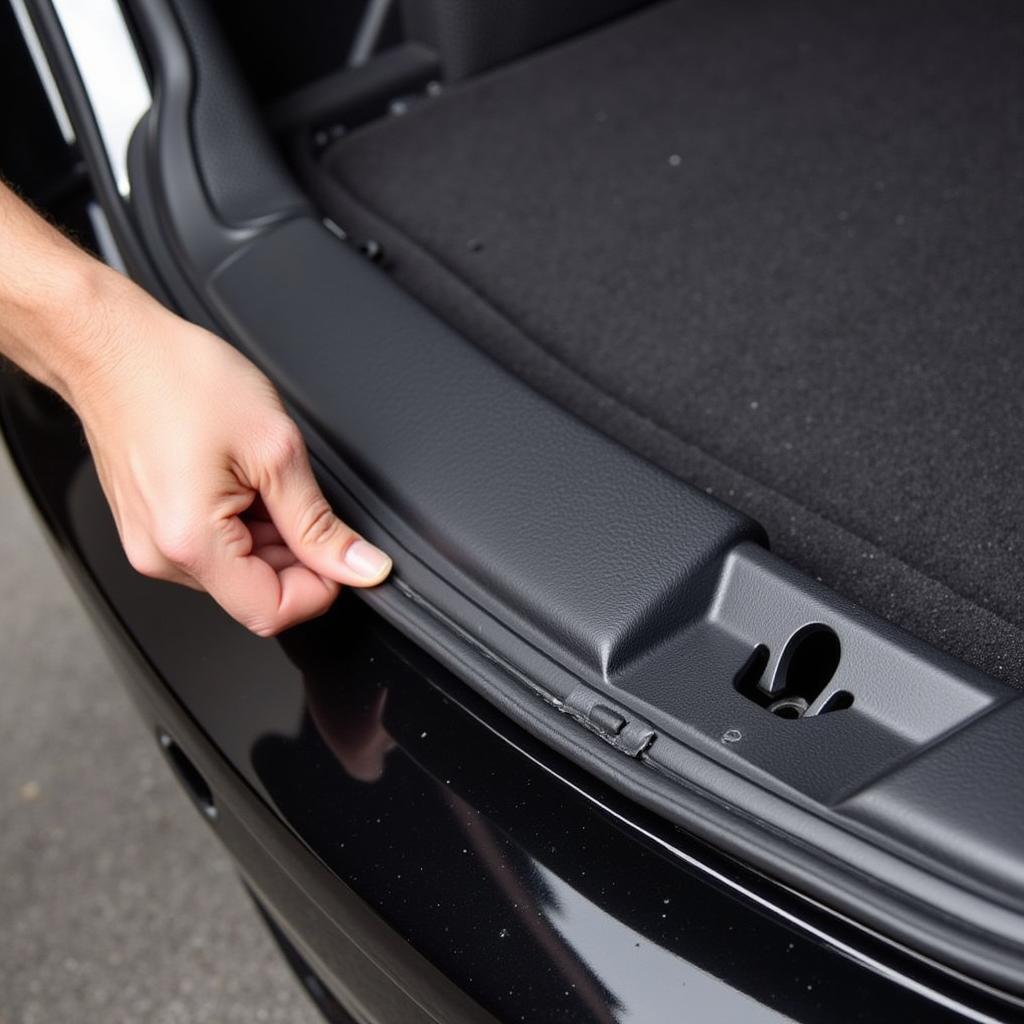Transmission problems can be a real headache for car owners. Understanding what causes these issues can help you prevent them and address them effectively if they do arise. From low fluid levels to worn-out clutches, several factors contribute to transmission troubles. Let’s dive into the common culprits behind car transmission problems.
One of the most common causes of transmission problems is low transmission fluid. This vital fluid lubricates the intricate gears and components within your transmission, ensuring smooth shifting and preventing excessive wear and tear. Low fluid can lead to rough shifting, slipping gears, and overheating. If you notice any of these symptoms, how to discribe car problems can help you articulate the issue to a mechanic. Regularly checking your transmission fluid level is crucial for preventing these issues.
Understanding the Common Culprits Behind Transmission Issues
Several factors can contribute to transmission problems, ranging from simple maintenance oversights to more complex mechanical failures. Knowing the potential causes can help you stay ahead of the game.
Low Fluid Levels and Leaks
Insufficient transmission fluid is a major contributor to transmission woes. Leaks can develop over time due to worn seals, gaskets, or even cracks in the transmission casing itself. A small leak can quickly escalate into a major problem if left unchecked. Regularly inspecting for leaks and addressing them promptly is vital.
Worn Out Clutches and Bands
Inside your transmission, clutches and bands play a critical role in engaging and disengaging gears. These components wear down over time, especially with aggressive driving or towing heavy loads. Worn clutches and bands can result in slipping gears, delayed engagement, or difficulty shifting into specific gears.
Faulty Solenoids and Sensors
Modern transmissions rely on electronic solenoids and sensors to control fluid flow and shifting operations. These electronic components can malfunction due to electrical issues, wear and tear, or exposure to extreme temperatures. Faulty solenoids and sensors can lead to erratic shifting, harsh engagement, or even complete transmission failure. Sometimes, even seemingly unrelated issues like 2002 town car problems can sometimes stem from transmission-related malfunctions.
Overheating and Torque Converter Problems
The torque converter is a crucial component that connects the engine to the transmission. Problems with the torque converter, such as a failing lock-up clutch, can lead to overheating, reduced fuel efficiency, and even transmission damage. Overheating can also be caused by low fluid levels, clogged coolers, or excessive strain on the transmission.
How to Diagnose and Address Transmission Problems
Recognizing the signs of transmission trouble is the first step towards addressing the issue. Pay attention to any unusual noises, vibrations, or difficulty shifting. If you experience any of these symptoms, it’s essential to consult a qualified mechanic.
Regular Maintenance is Key
Just like any other part of your car, your transmission requires regular maintenance. Following the recommended service intervals in your owner’s manual, including fluid changes and filter replacements, can significantly extend the life of your transmission.
“Regular maintenance is the best way to prevent transmission problems. Catching issues early can save you a lot of money and headaches down the road,” says John Miller, a certified automotive technician with over 20 years of experience.
Professional Diagnosis and Repair
Diagnosing transmission problems can be complex. A qualified mechanic has the tools and expertise to pinpoint the root cause of the issue. They can perform pressure tests, inspect internal components, and recommend the appropriate repair strategy.
Conclusion
Understanding What Causes Car Transmission Problems empowers you to take proactive steps to prevent them. Regular maintenance, prompt attention to warning signs, and professional diagnosis are key to keeping your transmission running smoothly. If you are experiencing transmission problems or have concerns, don’t hesitate to contact us at AutoTipPro at +1 (641) 206-8880 or visit our office at 500 N St Mary’s St, San Antonio, TX 78205, United States. We are here to help you keep your car on the road.
FAQ
-
What are the first signs of transmission problems? Slipping gears, rough shifting, unusual noises, and delayed engagement are common early indicators.
-
How often should I change my transmission fluid? Consult your owner’s manual for the recommended service interval, typically every 30,000 to 60,000 miles.
-
Can I drive my car with transmission problems? Continuing to drive with transmission issues can worsen the damage and lead to more expensive repairs.
-
How much does it cost to repair a transmission? Repair costs vary depending on the extent of the damage and the type of transmission.
-
How can I prevent transmission problems? Regular maintenance, including fluid changes and filter replacements, is the best way to prevent transmission issues. Avoiding aggressive driving and towing within your vehicle’s capacity also helps.
-
What is a torque converter? The torque converter connects the engine to the transmission, allowing for smooth power transfer.
-
What are solenoids and how do they affect the transmission? Solenoids are electronically controlled valves that regulate fluid flow within the transmission, impacting shifting performance. If you’ve had a car accident and are experiencing teeth problems after car accident, it’s important to seek medical attention immediately. You might also want to check out resources for smart car fortwo engine problems if you own this specific model. Furthermore, owners of a 2002 Lincoln Town Car can find helpful information regarding 2002 lincoin town car rear suspension problem. “Ignoring small transmission issues can lead to catastrophic failure. Address them early to avoid costly repairs,” advises Sarah Johnson, a senior automotive engineer.







Leave a Reply